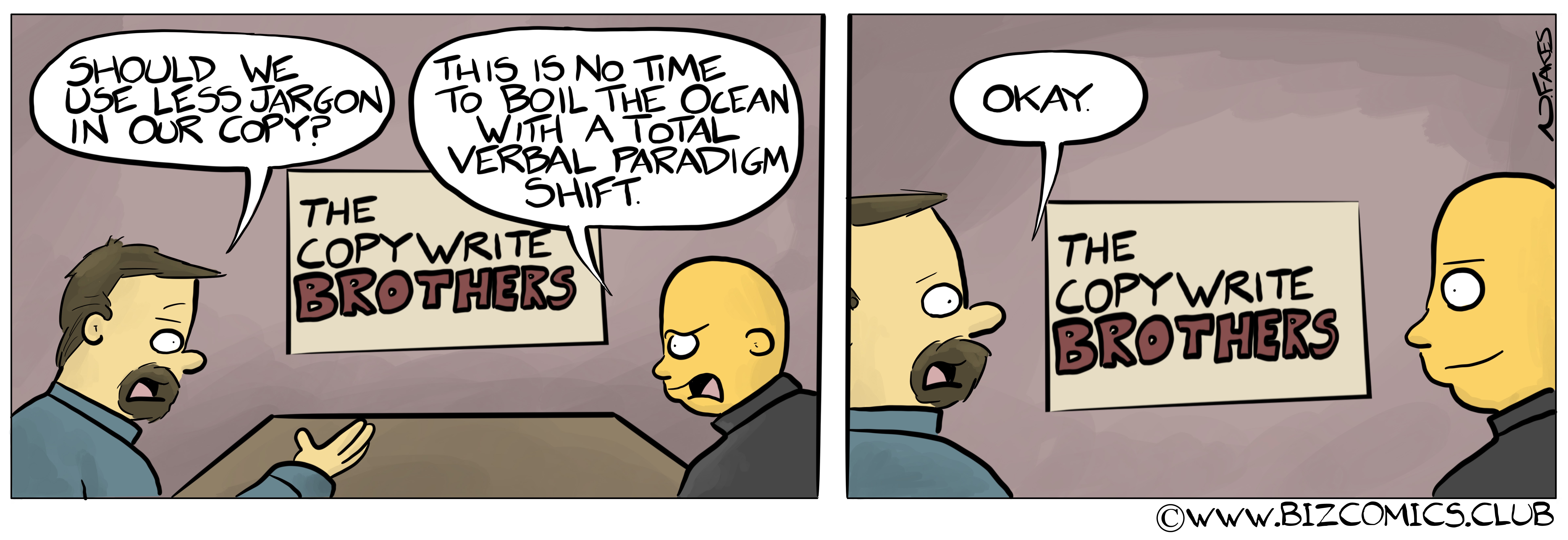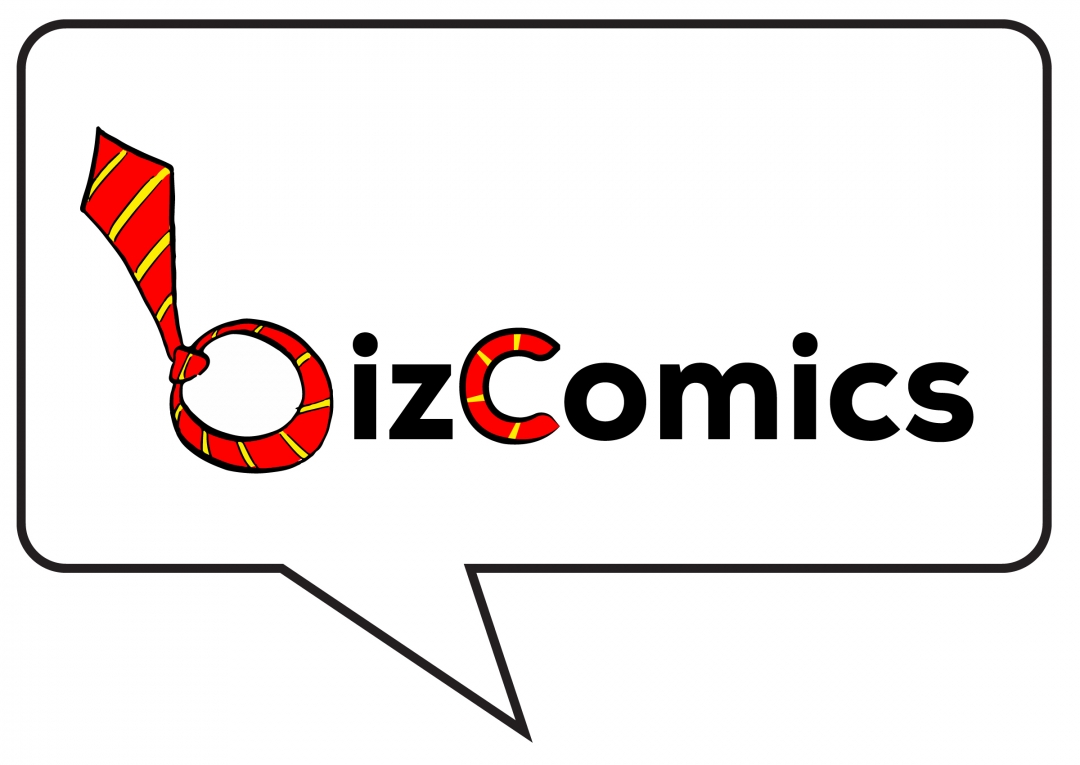Innovative Brutes

But sometimes when I was starting a new story and I could not get it going … I would stand and look out over the roofs of Paris and think, “Do not worry. You have always written before and you will write now. All you have to do is write one true sentence. Write the truest sentence that you know.” So finally I would write one true sentence, and then go on from there. (Ernest Hemingway, A Moveable Feast)
We’ve been wondering why it’s so hard to find one true sentence anymore, to find one clearly expressed thought presented in one cogent sentence. Then it hit us: We don’t write well anymore more because we don’t read well anymore. More specifically, we don’t interpret texts anymore. Rather, we look for particular words-as-signals or phrases-as-signals. We look for words and phrases that signify notions (as opposed to substantive ideas) with which we already agree, fads (as opposed to enduring standards) to which we already subscribe.
In our personal lives, we look for signals like fairness, equality, and social justice. They might make us feel good. But they can’t and won’t accomplish anything because there’s no abidingly consensual definition for any of them. They constitute utopian lip service to societal chimeras because they mean something different to everyone who defines them. As a result, they divide, rather than unite.
In our business lives, we look for signals like innovation, disruption, and digital transformation. They might make us feel good. But they can’t and won’t accomplish anything because there’s no meaningfully substantive definition for any of them. They constitute deluded lip service to bureaucratic chimeras because they don’t mean anything in organizations in which rhetoric is valued over accomplishment. As a result, they constipate, rather than consummate.
Like the monster in Bride of Frankenstein, we’ve reduced our reading comprehension — and, so, our speech — to crude, simplistic reductions: “Alone, bad. Friend, good.” We’ve become intellectual brutes. And what’s most alarming is that we’re at the very least blithe about, if not completely content with, saying next to nothing: “Meaning, bad. Innovation, good.”
Come on. We’re better than this. Pick up a book. Reading can only help us write more clearly.
As far back as I could remember, I had longed and lusted for an unlimited supply of books. I was weary of the [Sears] catalogue and the Bible, the only two books I had ever seen in my sharecropper’s house. When I got to my first duty station [in the Marine Corps] and walked into the base library, it was like throwing a starving man a turkey. I did my time in the Corps with a book always in my hand … I remained convinced in my belief that all anybody needed to develop as a writer was access to a good library. (Harry Crews, Classic Crews)
This content is available for syndication. Please contact us for details.

If one uses twitter as a form of communication – then every idea gets reduced until it means nothing. Language and shared meaning is the victim.